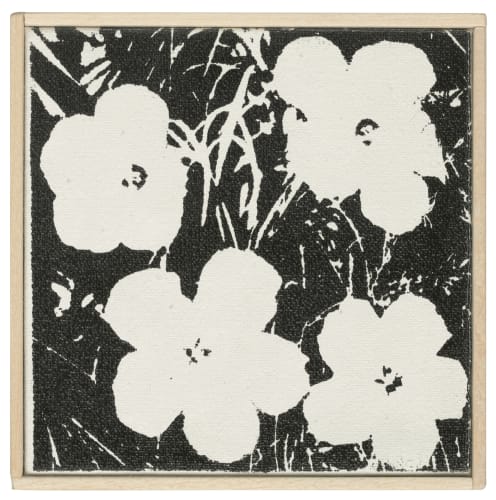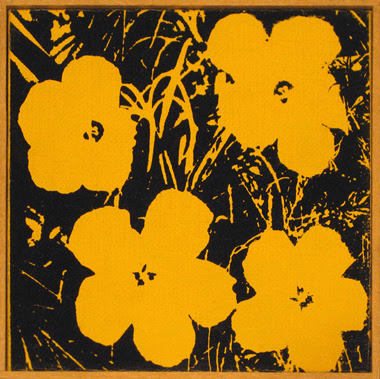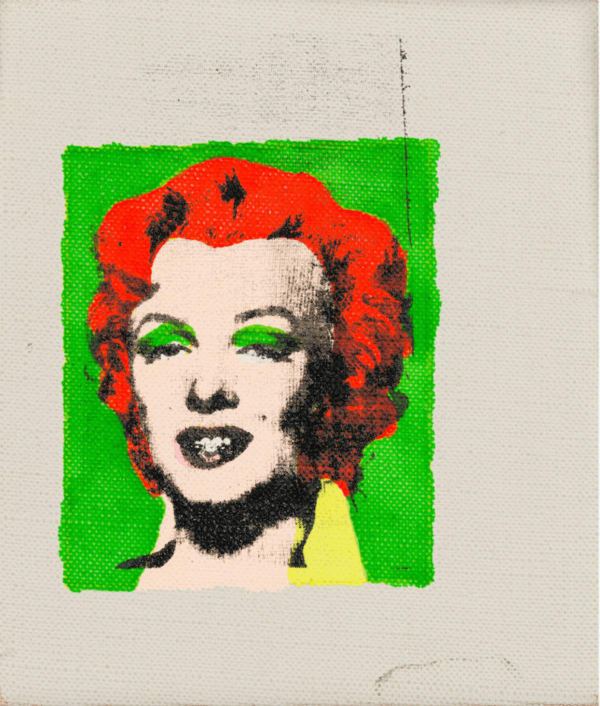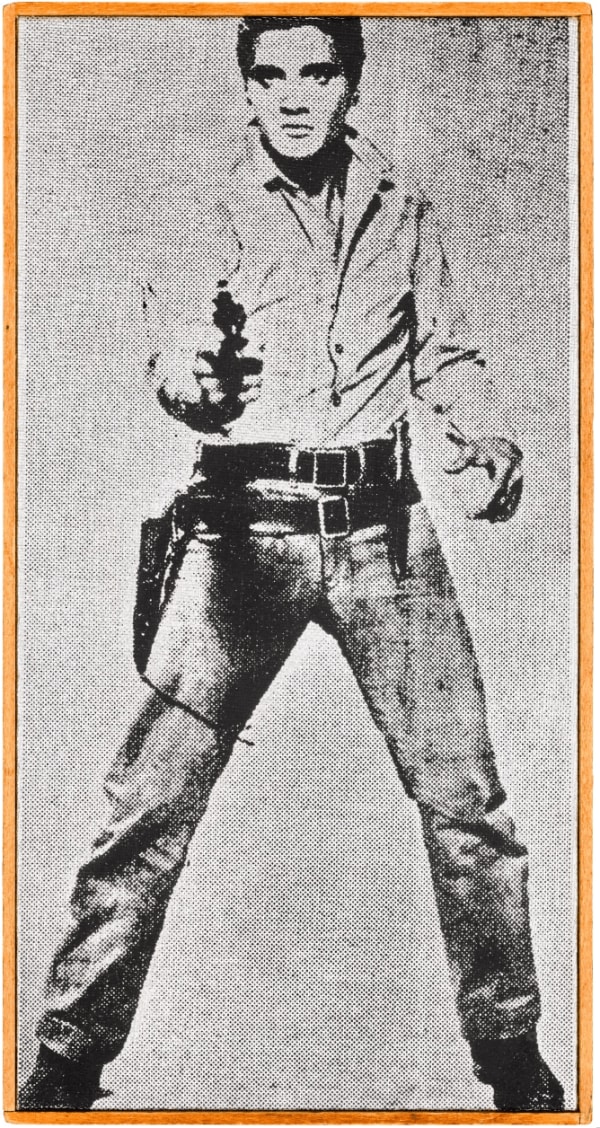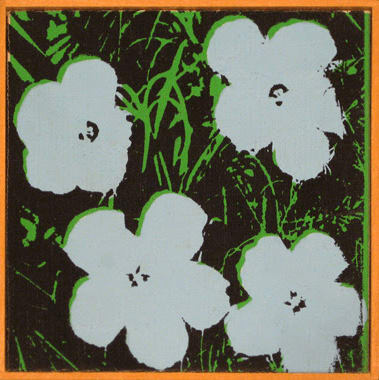Richard Pettibone occupies a significant place within the Pop, Post Pop, and Appropriation Art movements, crafting miniature replicas of iconic masterpieces by luminaries such as Marcel Duchamp, Roy Lichtenstein, and Andy Warhol. These diminutive works, some measuring as small as two by two inches, delve into themes of reproduction, originality, and authorship—concepts as pertinent today as when Pettibone commenced his artistic journey in the early 1960s. Pettibone's oeuvre perpetuates a line of inquiry initiated by Duchamp, interrogating the act of appropriating an image of an image of an image, a question echoing through the corridors of art history.
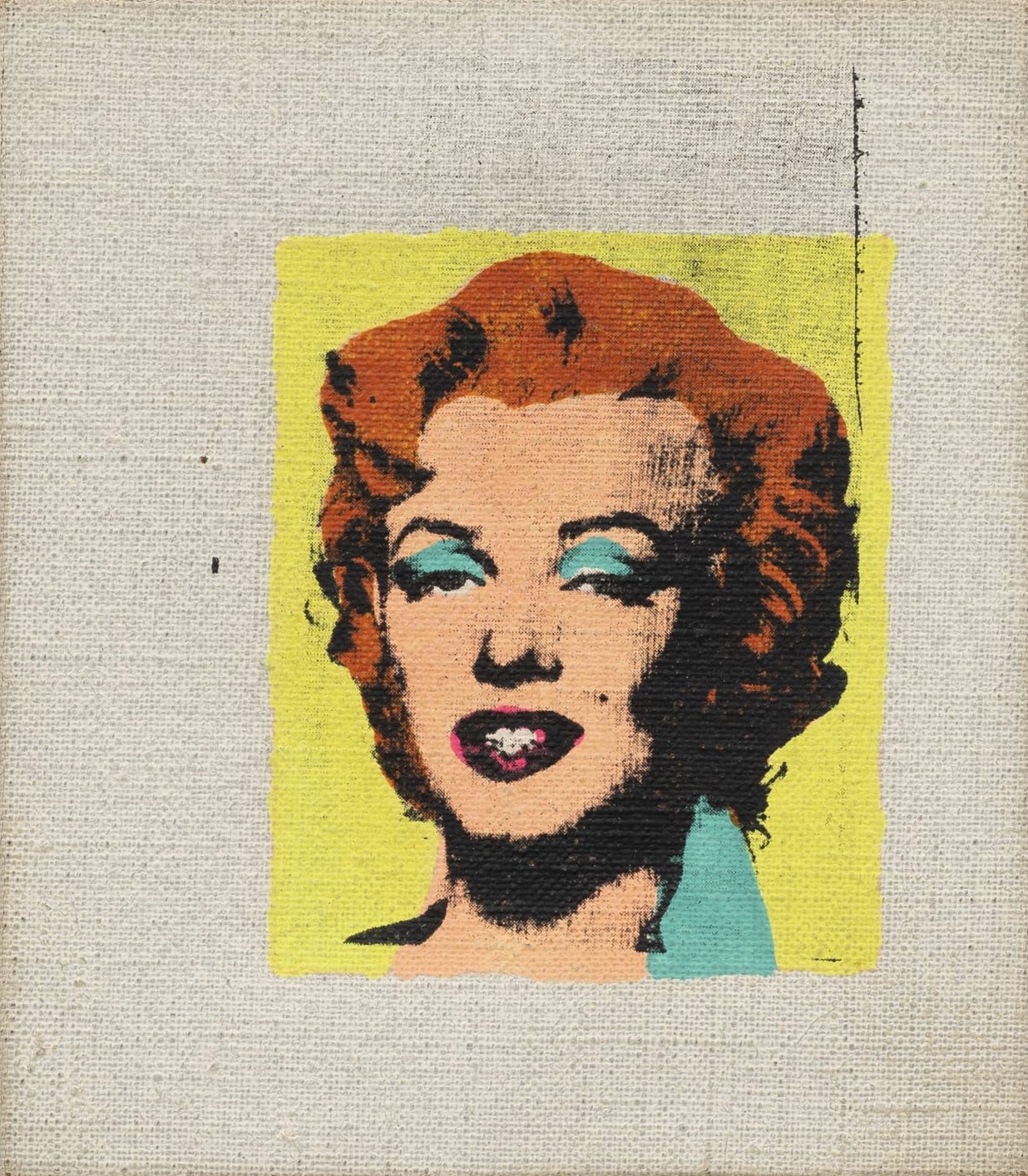
His whimsical appropriations encapsulate notions spanning from the continuum between Dada and Pop to the intricate relationship between photography and painting while grappling with the complexities of authorship. These concepts, interwoven across his various series, coalesce to offer a panoramic view of the often paradoxical nature of contemporary art. Pettibone's refusal to acquiesce to convention, coupled with his profound reverence for artistic greatness, furnishes an interactive critique of the past century's art, portraying modern art history as a miniature railroad with stops at Pop Art, Photorealism, Conceptual Art, and photography, each meticulously examined, replicated, and celebrated akin to a master model maker's meticulous craftsmanship.
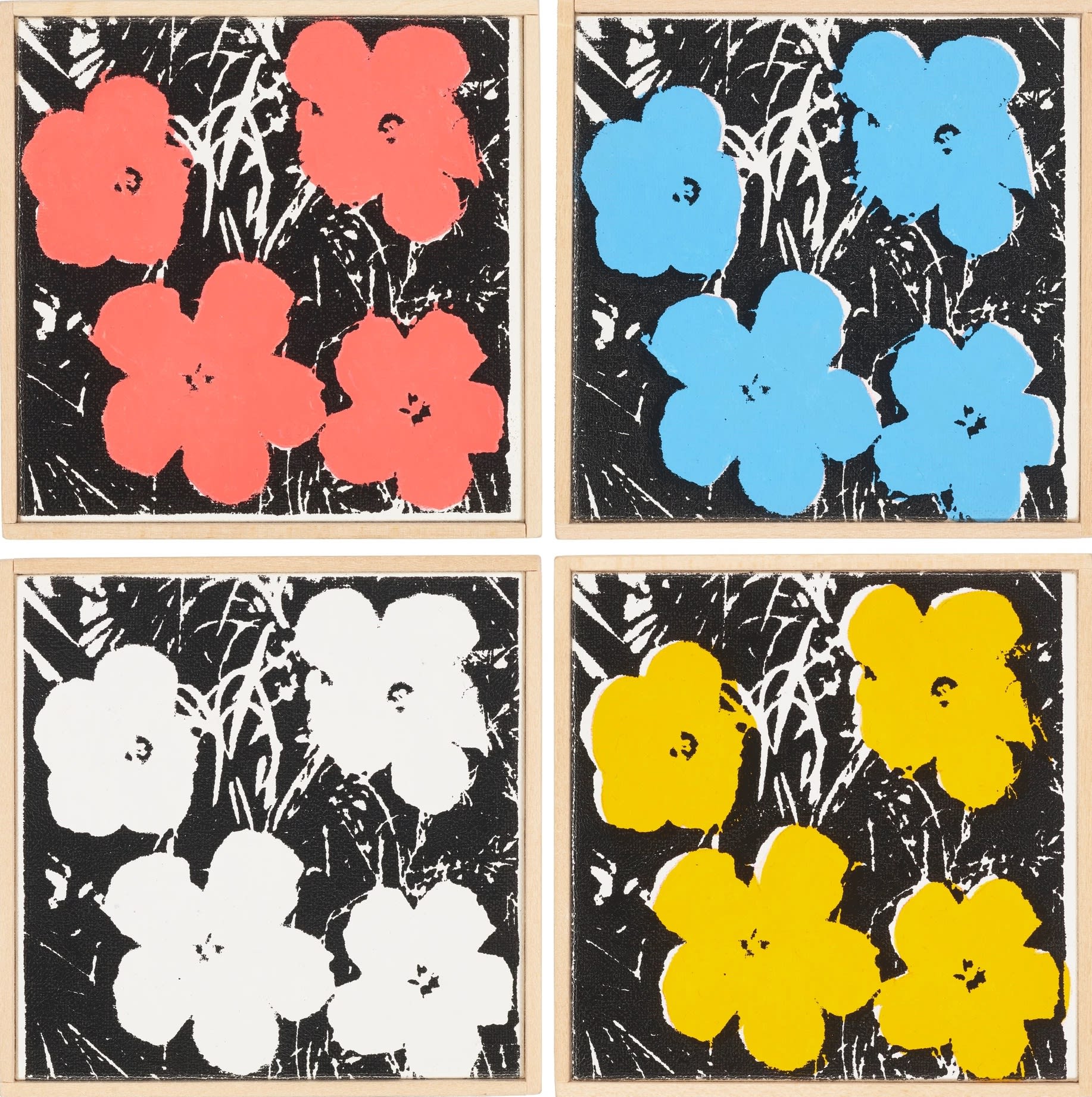
The enduring tension between the original and the replica looms large within the realm of art, a subject that scholars have ardently scrutinized. Appropriation art rose to prominence during the mid-1960s and early 1970s, anchored in the critical reinterpretation of authenticity. Richard Pettibone stands as a notable practitioner within this milieu, renowned for his meticulous reproductions of renowned artworks. In an endeavor to reevaluate Pettibone's multifaceted five-decade-long career, The Flag Art Foundation presents an exhibition centered on seriality, self-portraiture, and photorealism within Pettibone's expansive body of work.
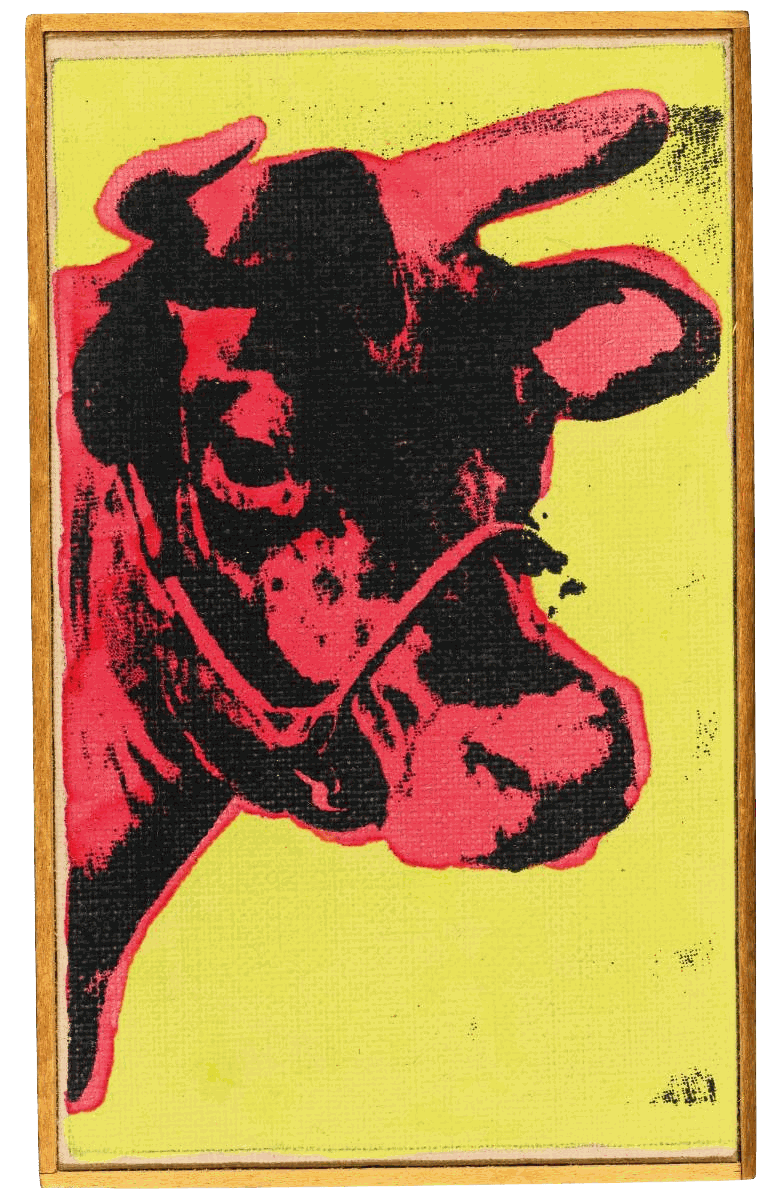
Pettibone beckons viewers to contemplate the essence of art itself, mirroring Marcel Duchamp's belief that anything could be art. Pettibone's artistic practice critically examines 20th-century art, sparking theoretical discourse on the recurring theme of authenticity. Trained to revere innovation since his days in art school, he embarked on a singular quest that defied convention. As reflected in Diana Zlotnick's Newsletter on the Arts from Winter 1979/1980, Pettibone commented: "I'll be more original than all those other guys you're collecting by meticulously copying the works of other artists who I really like"—epitomizes his approach, injecting his personality into meticulous replicas while traversing from the ridiculous to the sublime, as exemplified by his trains traversing Andy Warhol's soup cans.
March 26, 2024
